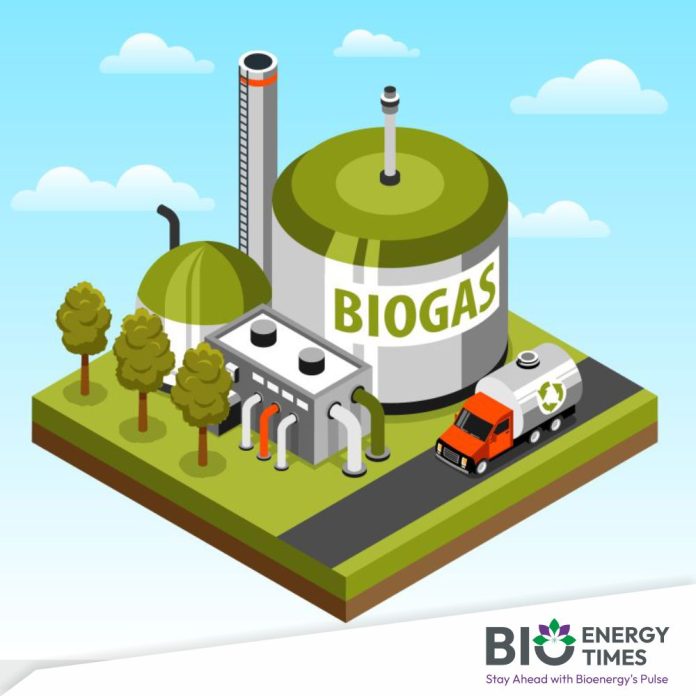The Indian Biogas Association (IBA) has proposed several measures that state governments can implement to promote the biogas sector, potentially saving up to ₹50,000 crore through various avenues. In an interview with PTI, IBA Chairman Gaurav Kedia emphasised that states can bolster central initiatives for the sector by offering additional financial incentives, facilitating easy access to credit, and providing local support mechanisms.
Kedia highlighted that state involvement is essential for achieving energy self-reliance. As per news report by PTI, he stated that state governments could save up to ₹50,000 crore through the biogas sector, with savings potentially arising in form of waste management and pollution reduction, biogas production and health improvements of population. He cited Uttar Pradesh as an example, where the state government provides an extra ₹75 lakh per ton of production capacity (up to ₹20 crore) in addition to central subsidies for biogas projects. Such initiatives could boost the sector’s growth and encourage broader adoption of biogas technology.
To further support the sector, Kedia suggested improving infrastructure around biogas plants. For bio-energy enterprises investing ₹50 crore or more, essential infrastructure like roads is crucial for efficient operations and lowering logistical costs. He also pointed out that state governments can allocate underutilised land for biogas projects, and integrate biogas facilities with existing agricultural operations and industries that produce organic waste, streamlining the setup process.
Kedia noted that land availability is a significant challenge, with about 50% of plants delayed due to this issue. He suggested state governments can also play a critical role in creating a sustainable supply chain for organic waste or biogas plant substrate, which is essential for the continuous operation of biogas plants. Collaborating with local agricultural and municipal sectors to secure a reliable feedstock supply from agricultural residues and food waste could enhance the sector’s efficiency.
Promoting state-level initiatives for the collection of biodegradable waste would also aid effective waste management, reduce landfill pressures, and mitigate environmental pollution. Kedia stated that, if implemented properly, state support for biogas projects could yield significant economic and environmental benefits. Achieving just 10% of the SATAT target through these incentives could lead to savings of up to ₹50,000 crore in waste management, biogas production, health improvements, and pollution reduction.
To read more about Biogas Industry News, continue reading BioEnergyTimes.com















